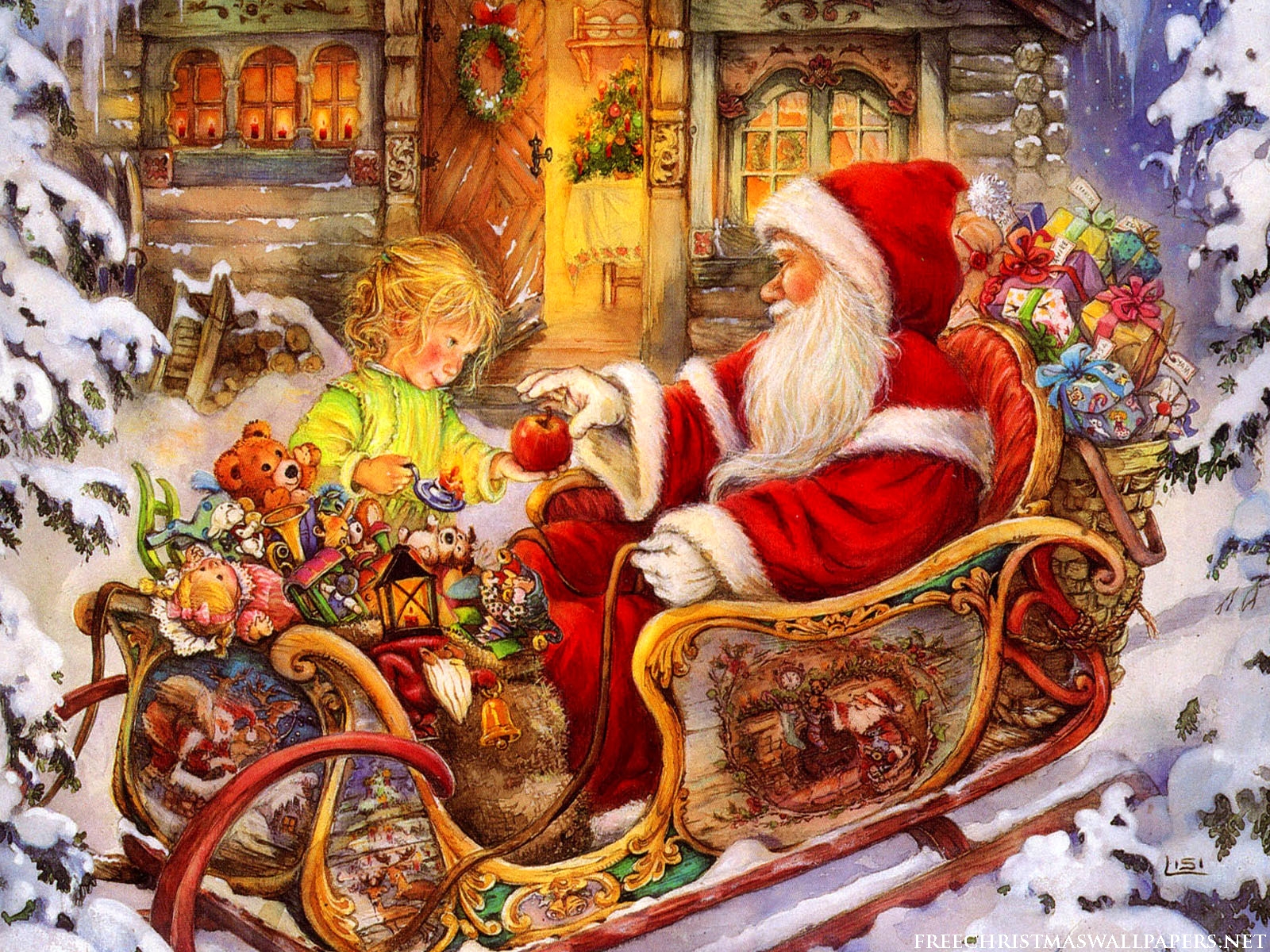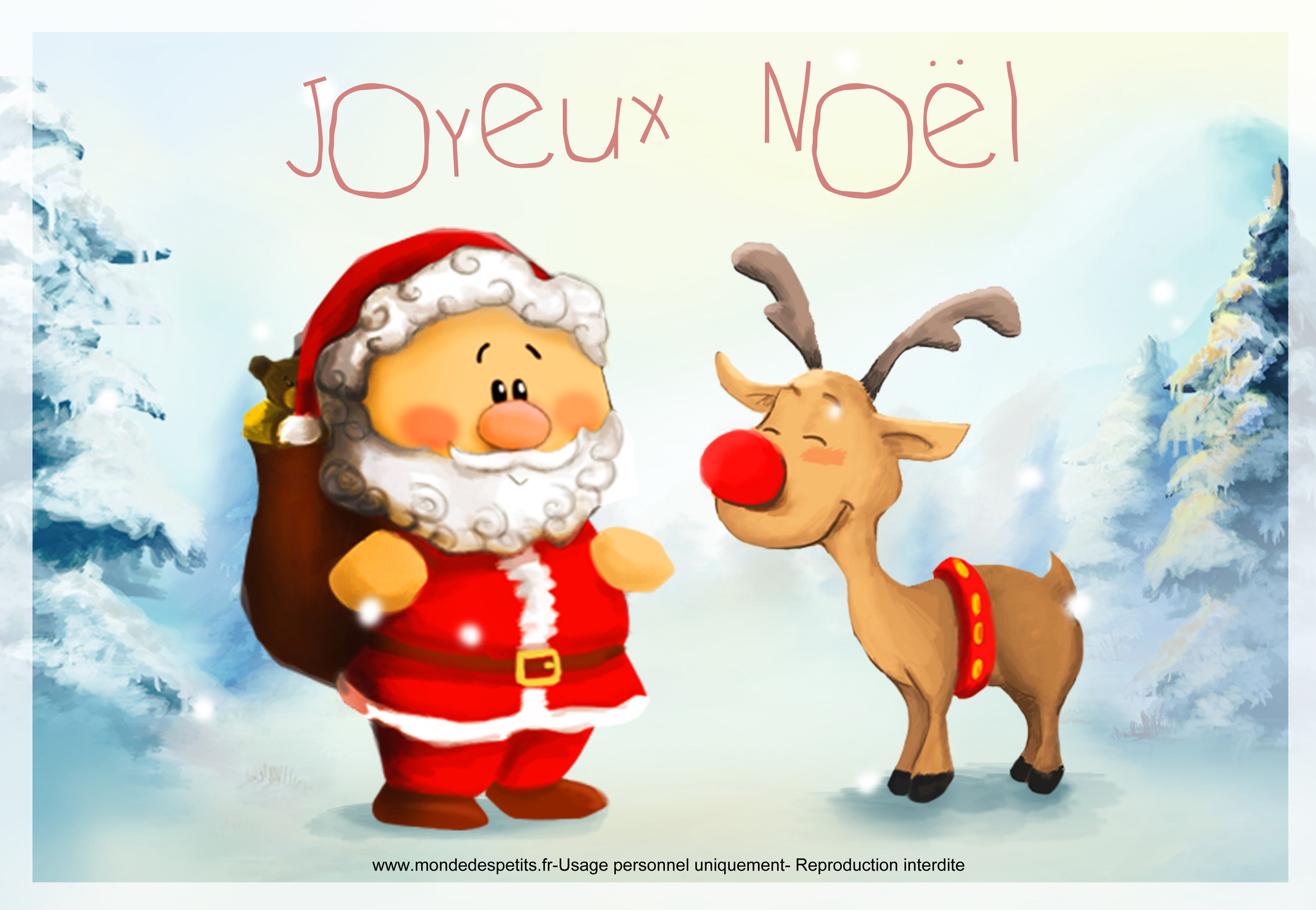Noel Biderman - Exploring The Word's Rich Meanings
When we hear the word "Noel," it often brings to mind cozy winter evenings, the gentle glow of lights, and the sound of familiar songs. It's a word, you know, that feels really tied into the most wonderful time of the year, appearing on decorations and sung in cheerful tunes. So, it's almost as if "Noel" is just another way to say "Christmas," isn't it? This word, for many, is a very natural part of our holiday conversations and traditions, fitting right in with all the joy and celebration.
But have you ever paused to think about what "Noel" truly means, beyond just being a holiday greeting? It's a bit more than just a simple word we see everywhere during December. There's a story behind it, a real depth that connects us to older times and various ways of speaking. You might hear it in a beloved carol, or see it written on a card, and perhaps you've wondered, "What exactly is a 'Noel'?"
As a matter of fact, "Noel" holds a few different meanings, some of which might surprise you. It can be a song, a name, or even a family name passed down through generations. This term, which seems so straightforward, actually carries quite a bit of history and significance, shaping how we experience and talk about the holiday season. It's really interesting, how a single word can hold so much.
Table of Contents
- What Is the Heart of "Noel"?
- How Do We Use "Noel" in Our Daily Talk?
- Is "Noel" a Name That Someone Like Noel Biderman Might Have?
- The Deep Roots of the Word "Noel" for Us All
- What Does "Noel" Remind Us Of Beyond the Holidays?
- The Word "Noel" - A Brief Origin Story
- A Look at "Noel" in Everyday Language
- Why "Noel" Matters to Us
What Is the Heart of "Noel"?
When we talk about "Noel," it's often, you know, about a Christmas song. Think of those tunes that fill the air during the holiday season, the ones that bring a sense of joy and warmth. The word itself can represent one of these very special songs, a carol that tells a story. It's quite common for people to think of a "Noel" as just that – a piece of music sung to celebrate the holiday. This connection to carols is very strong, and it's something that has been around for a long, long time, giving the word a familiar, almost comforting feel. So, when you hear "The First Noel," you're really hearing a song that embodies the spirit of the season.
Beyond being a musical piece, "Noel" also serves as a term that is, in some respects, almost the same as "Christmas" itself. It's a word that has become deeply connected with the entire holiday period. From the festive decorations that adorn our homes to the greeting cards we send to loved ones, "Noel" fits right in, feeling very much at home within our holiday conversations and traditions. It's used so much, in fact, that it can be hard to separate the word from the season it represents. This makes "Noel" a powerful shorthand for all the feelings and activities associated with the most delightful time of the year, which is really quite something.
How Do We Use "Noel" in Our Daily Talk?
You might wonder, you know, how we naturally weave "Noel" into our everyday talk. It's more than just singing it in a carol; it's about how the word shows up in our lives. We use it in so many ways, from the songs we hear on the radio to the messages we share with friends and family. For instance, people often sing songs like "The First Noel" at Christmas, and many might just wonder what a "Noel" is, in that moment. It's a word that just pops up, isn't it, especially when we are talking about the holidays. This simple word, in a way, helps us express the spirit of the season, making our conversations a little more festive and warm.
The presence of "Noel" in our holiday vocabulary is, you know, pretty widespread. It fits right into our festive discussions and expressions. Whether it's on a piece of Christmas decor hanging on a wall or sung aloud in a cheerful Christmas song, "Noel" is a word used a lot throughout the most delightful time of the year. It's almost as if it's a staple, a regular part of how we celebrate and communicate during this period. We see it so much, and it just feels right, doesn't it? This common usage helps to cement its place as a key term for the season, making it something we almost expect to hear or see.
Is "Noel" a Name That Someone Like Noel Biderman Might Have?
Interestingly, "Noel" isn't just about songs and holidays; it's also, you know, a name people carry. It can be a name given to boys, pretty much the same as the English name "Noel." So, if you meet someone named Noel, that's where their name comes from. There's also a version for girls, "Noël," though that form is a bit more rare, with "Noëlle" being the one you'd more typically come across. It's quite fascinating how a word so tied to a season can also be a personal identifier for individuals. This dual nature of "Noel" as both a seasonal term and a personal name is really quite unique, adding another layer to its meaning.
Beyond being a given name, "Noel" can also be a family name, a surname that, you know, started from some origin point. So, a family might carry "Noel" as their last name, connecting them to its historical roots in a different way. This means that "Noel" can show up in people's lives not just as a first name, but also as a way to identify a whole family line. It's a word that, in some respects, becomes a part of a person's identity, whether they are known as Noel Biderman or simply have Noel as their family name. This adds a very personal touch to a word we mostly associate with broader celebrations.
The Deep Roots of the Word "Noel" for Us All
The word "Noel" or "Noël" is, you know, a given name often given to both girls and boys who happen to be born around the Christmas period. It's a charming tradition, really, to name a child after the season of their birth. This practice ties a person's very identity to the holiday, giving them a special connection to the festive time of year. So, for someone like Noel Biderman, if they were born around Christmas, their name could very well reflect that joyful timing. It's a subtle way the word becomes personal, extending its reach beyond just the general holiday cheer to individual lives.
"Noel" comes from the Old French word "Noël," which, you know, simply means "Christmas." This origin is pretty straightforward and tells us a lot about how the word came to be associated with the holiday. It's a direct link back to a different time and a different language, showing us how words travel and change over the centuries. This historical connection is really quite important, giving the word a sense of age and tradition. It's not just a modern term; it has a long, storied past that helps explain why it feels so deeply ingrained in our holiday customs, almost like an old friend.
What Does "Noel" Remind Us Of Beyond the Holidays?
"Noel" is a term that is, you know, deeply connected with Christmas and Christian traditions. It's not just a casual word; it carries a lot of meaning for people who observe these customs. It's tied into the story of Christ's birth, which is a central part of the Christmas celebration for many. So, when we use "Noel," we're often, in a way, acknowledging this significant event. This connection gives the word a certain weight and importance, making it more than just a simple holiday greeting. It’s a word that evokes a sense of history and shared belief, which is quite powerful.
It is, you know, no wonder that one of the most beloved Christmas songs of all time, "The First Noel," uses this very word. The song itself, in some respects, helps to solidify the word's place in our collective memory of the holidays. Every year, people sing tunes like "The First Noel" at Christmas, and many might find themselves wondering what a "Noel" actually is. This act of singing and wondering helps to keep the word alive and relevant, passing its meaning from one generation to the next. It's a beautiful cycle, really, where the word and the song reinforce each other's significance.
The Word "Noel" - A Brief Origin Story
The word "Noel" actually, you know, starts from the French word "Noël," which itself got its beginning from the Latin word "natalis." The basic meaning of "natalis" is related to birth, or "of birth." This makes a lot of sense, doesn't it, given that Christmas celebrates the birth of Christ. So, the word "Noel" carries this very old idea of new beginnings and coming into the world right within its core. It's a fascinating journey for a word, from ancient Latin to our modern holiday greetings, and it shows how language can hold centuries of meaning in just a few letters. This etymological journey is pretty cool, if you think about it.
So, it makes sense then that "Noel" is a word we use in English to celebrate or, you know, share the wonderful story of the birth of Christ. Because its roots are all about birth, it fits perfectly with the reason for the Christmas season. It's a word that, in a way, carries the good news of this significant event. This deep-seated meaning is what gives "Noel" its enduring power and why it feels so appropriate for the holidays. It's not just a sound; it's a word packed with history and spiritual significance, which is really quite something when you consider it.
A Look at "Noel" in Everyday Language
Today, we use "Noel" in, you know, pretty much everything from songs to greetings. It’s a word that just brings a little extra comfort and cheer to the season. When you see "Joyeux Noel" in French, it simply means "Merry Christmas," which is a very direct connection to our own holiday wishes. This simple phrase, used widely, shows how universal the sentiment behind "Noel" truly is. It's a word that transcends language barriers, carrying the same message of happiness and celebration wherever it's spoken, which is really quite lovely.
Whether it's on a piece of Christmas decor or, you know, sung in a cheerful Christmas song, "Noel" is a word used a lot throughout the most delightful time of the year. For as much as it's seen during the holidays, it's pretty much everywhere. This constant presence helps to embed the word deeply into our cultural understanding of Christmas. It’s a word that, in some respects, becomes part of the very fabric of the season, almost like the scent of pine or the sparkle of lights. It just feels right to hear and see it, doesn't it, at this particular time of year.
Why "Noel" Matters to Us
"Noel" is, you know, more than just a word you see on holiday cards or hear in carols. It’s a strong thought about new beginnings, looking forward, and affection. Every time we sing "Noel," we’re really celebrating the spirit of the season, which is a very powerful thing. It's a word that, in a way, reminds us of the deeper meanings behind the holiday, prompting us to reflect on things like renewal and kindness. This makes "Noel" a truly meaningful word, not just a decorative one, and it's something that resonates with many people.
So, whether you approach it from a religious perspective or simply appreciate the broader cultural significance, "Noel" holds a special place. It’s a word that, you know, consistently appears, bringing with it a sense of tradition and shared joy. It reminds us of carols, of greetings, and of the very idea of Christmas itself. This enduring presence, this steady connection to a time of year filled with hope and good feelings, is what makes "Noel" so important to us. It's a word that, in some respects, truly captures the essence of the holiday season, and it's quite a beautiful thing.

Wallpaper Père noel HD Gratuit à Télécharger sur NGN Mag

Images pour blogs et Facebook: Fonds d'écrans Père Noël rétros

Monde des petits - Par thème